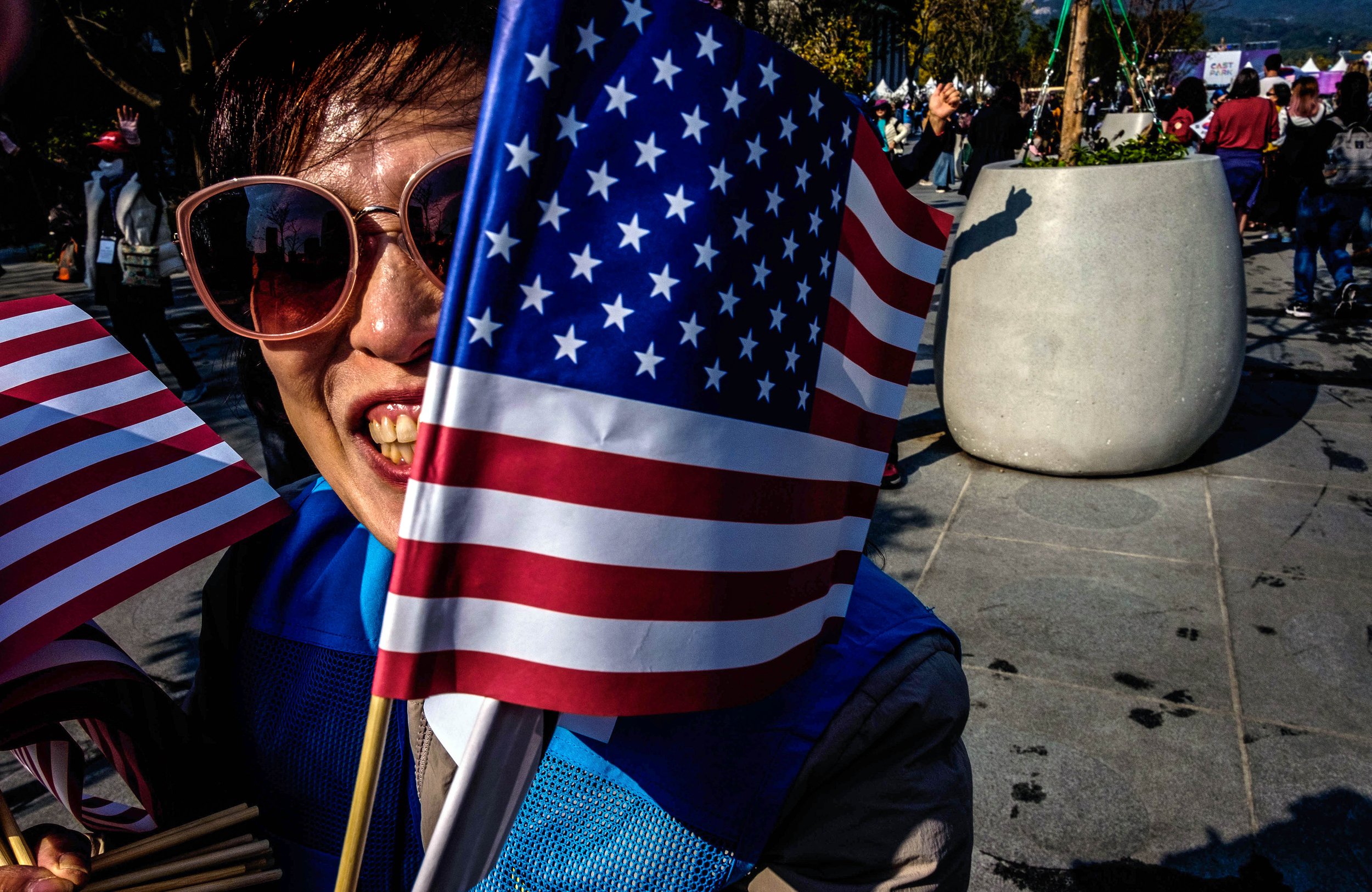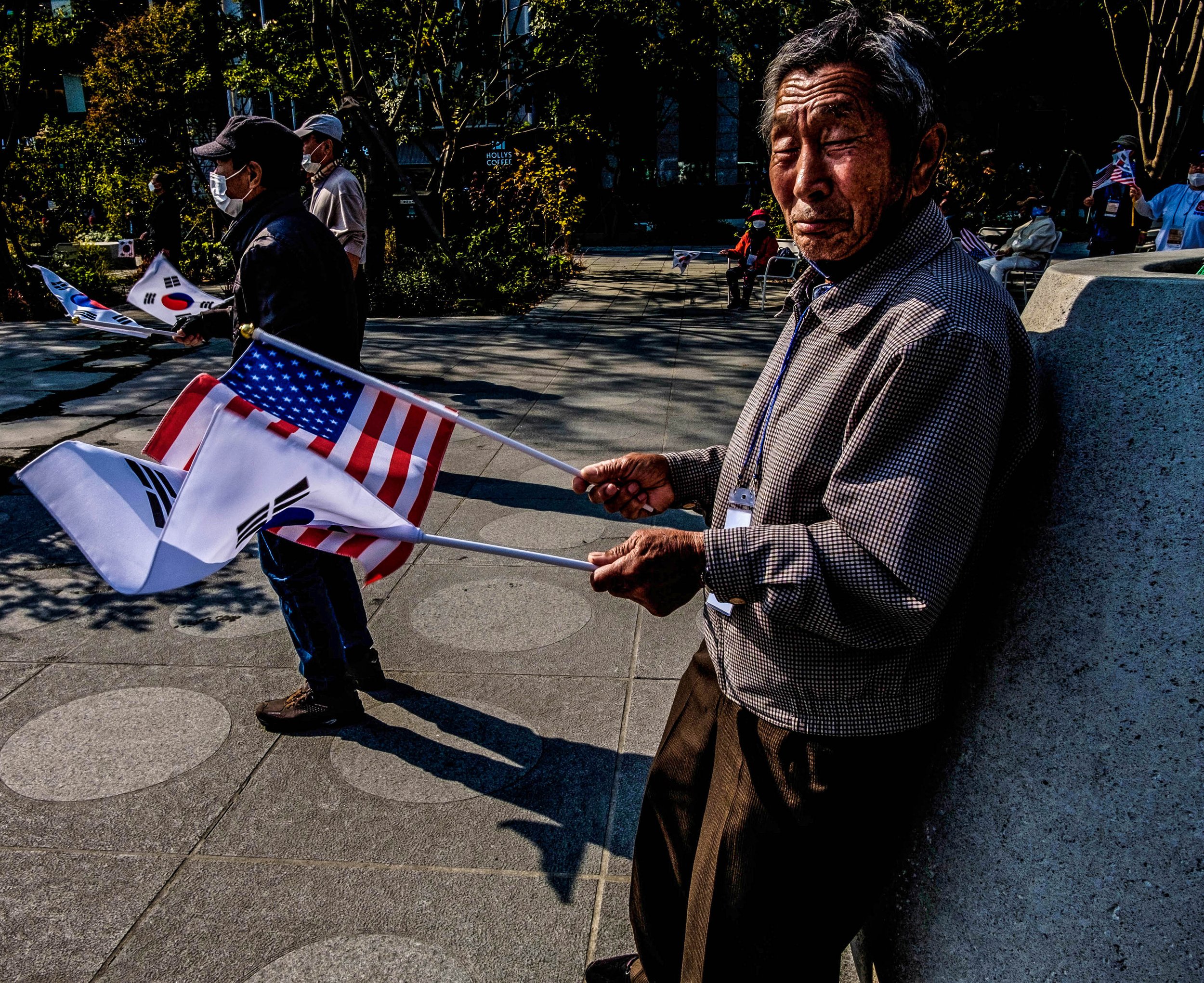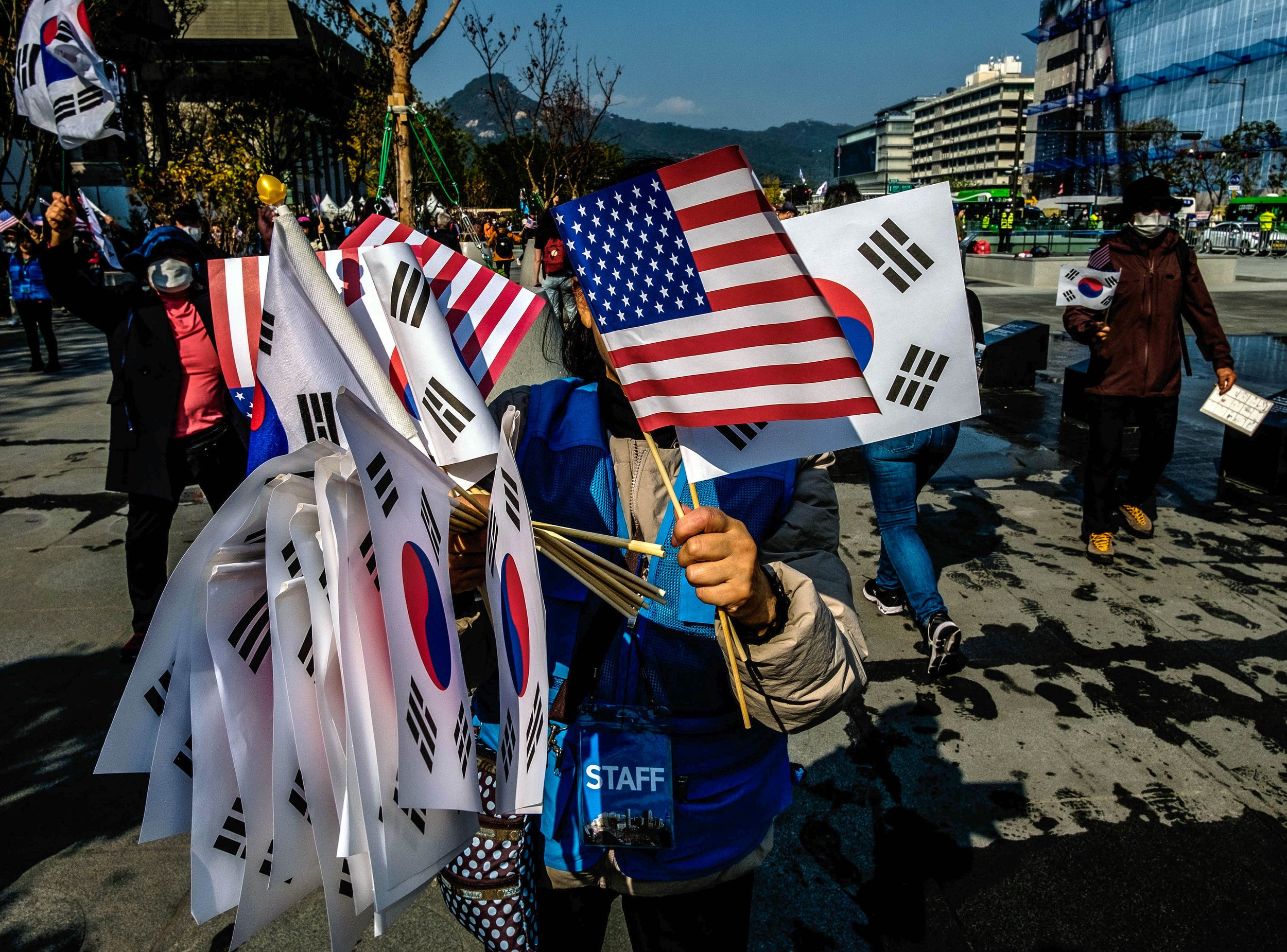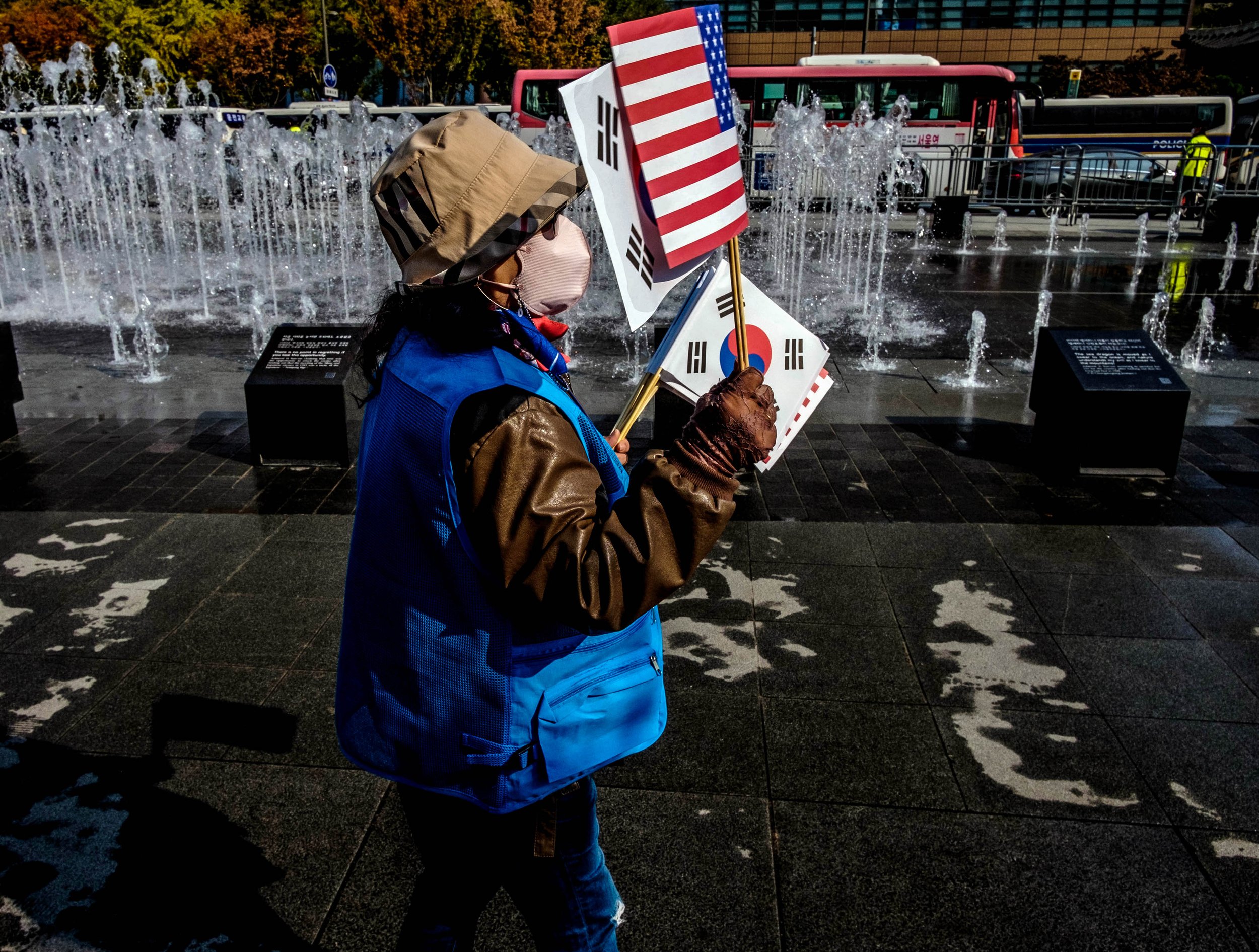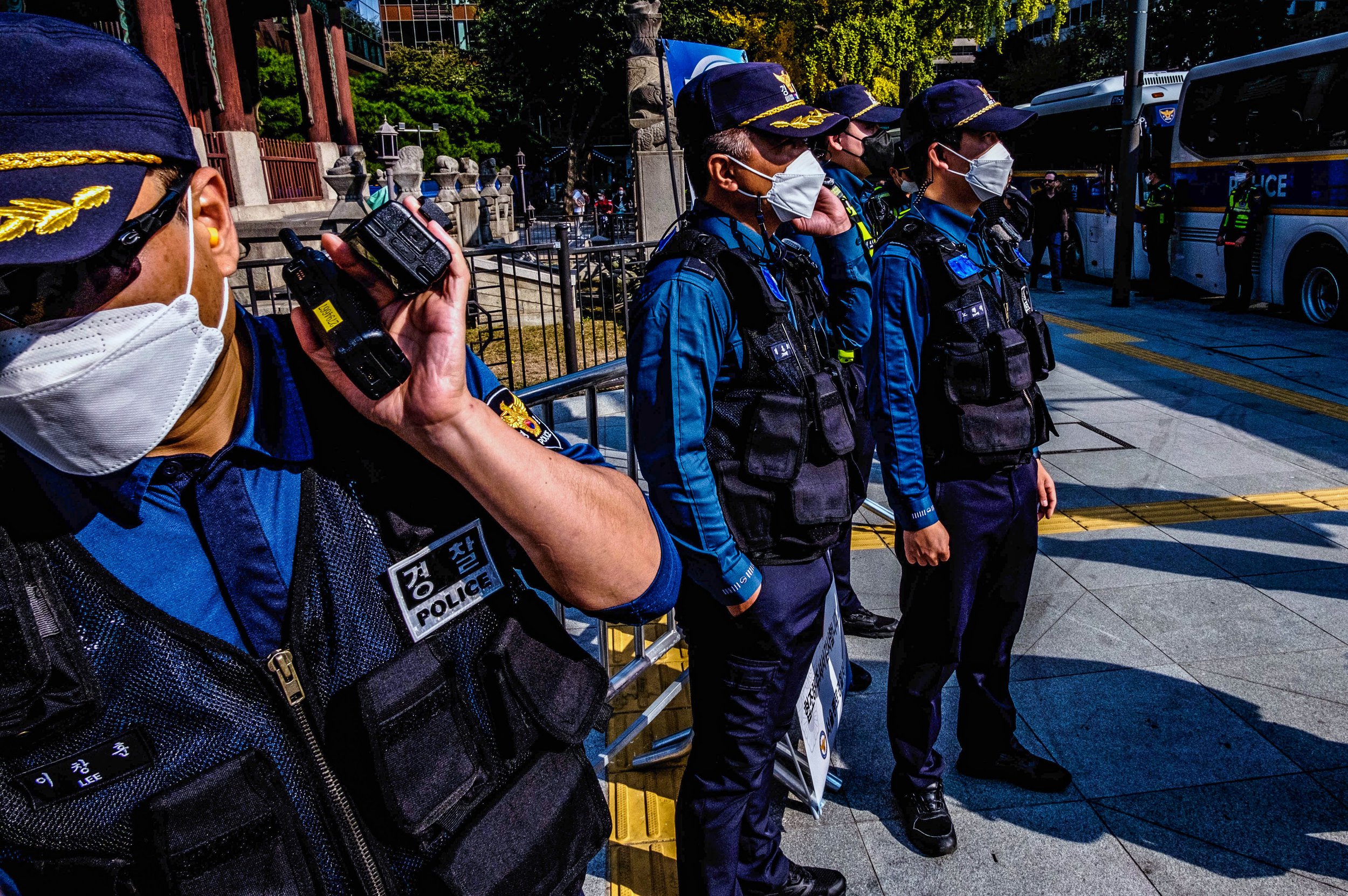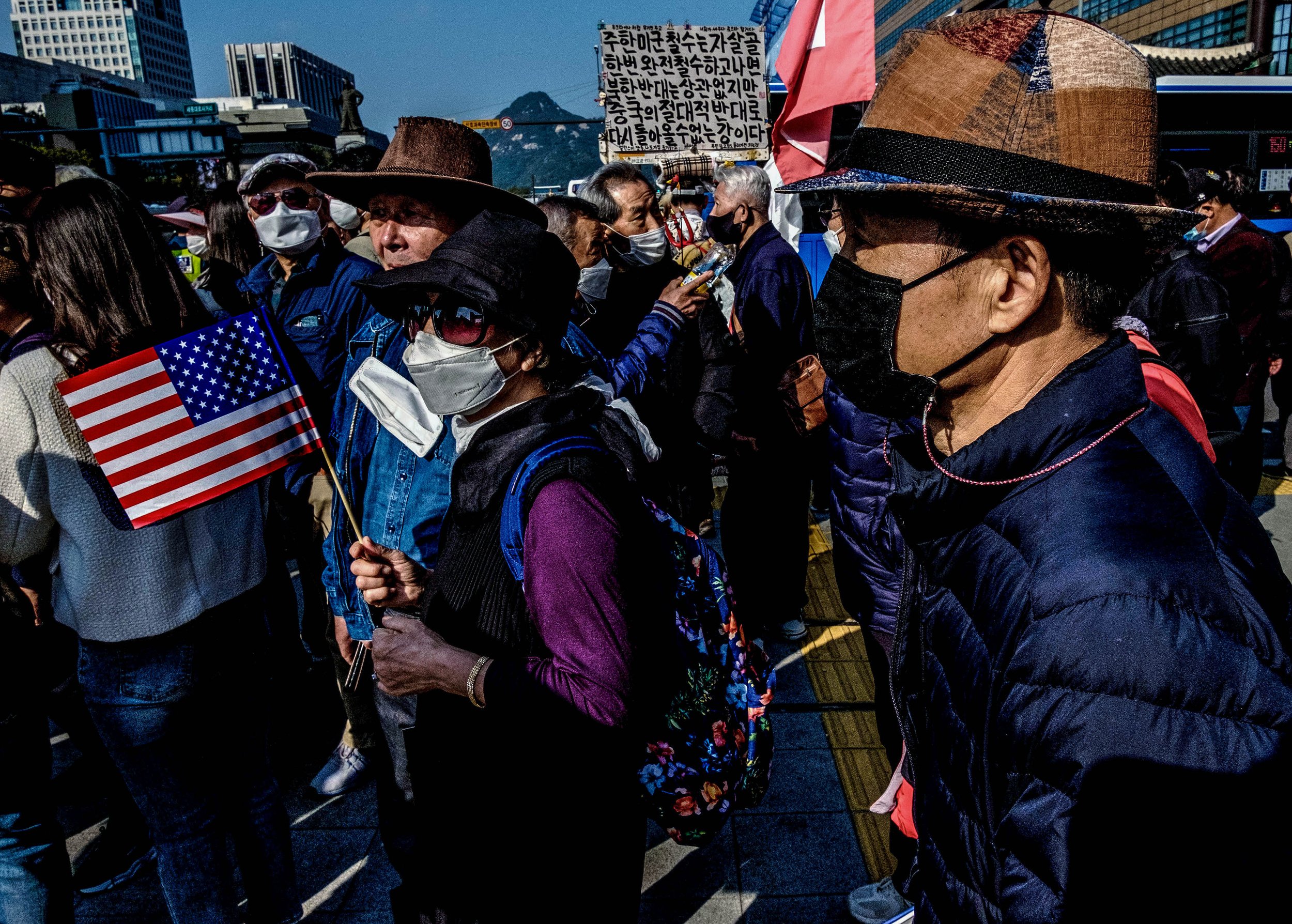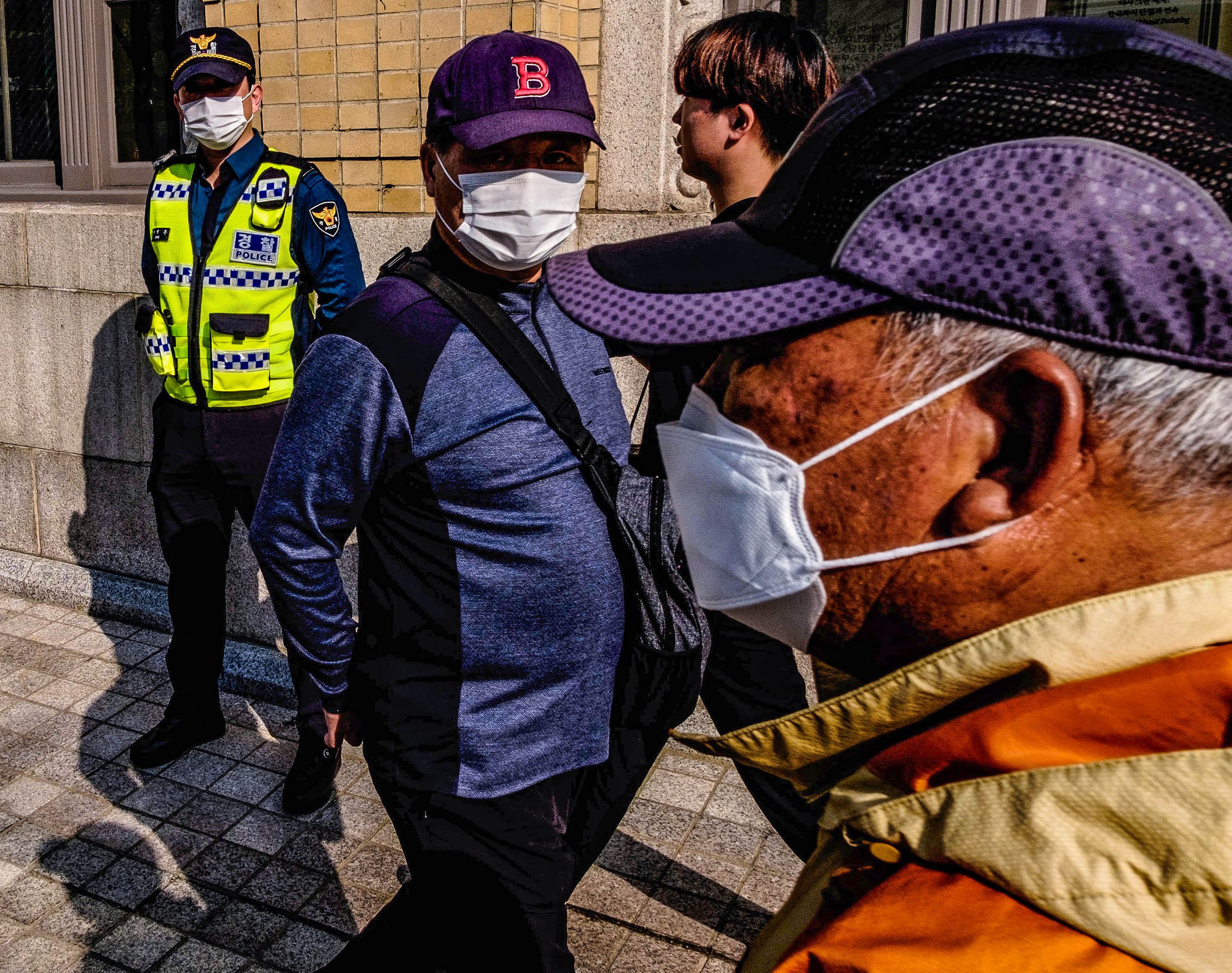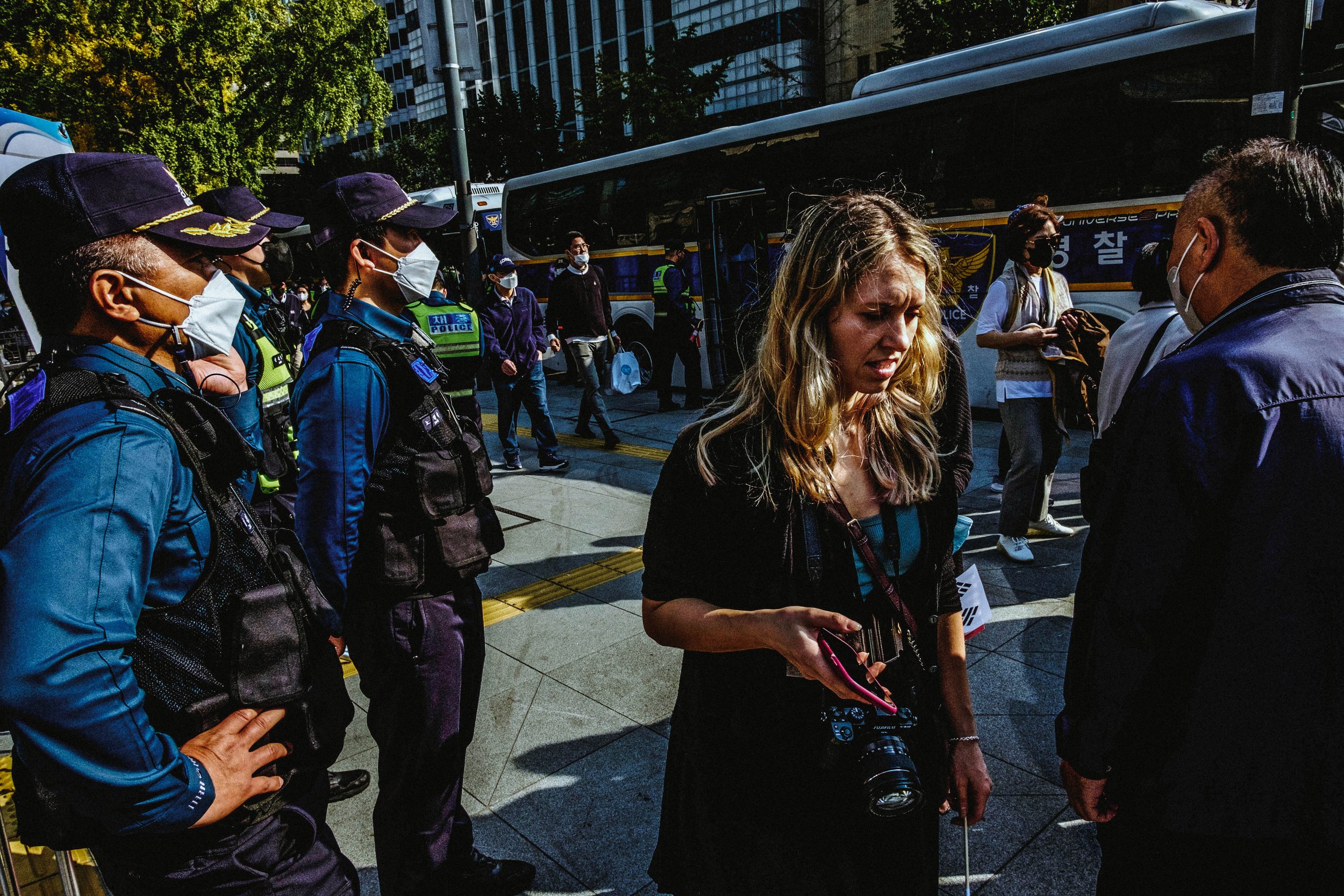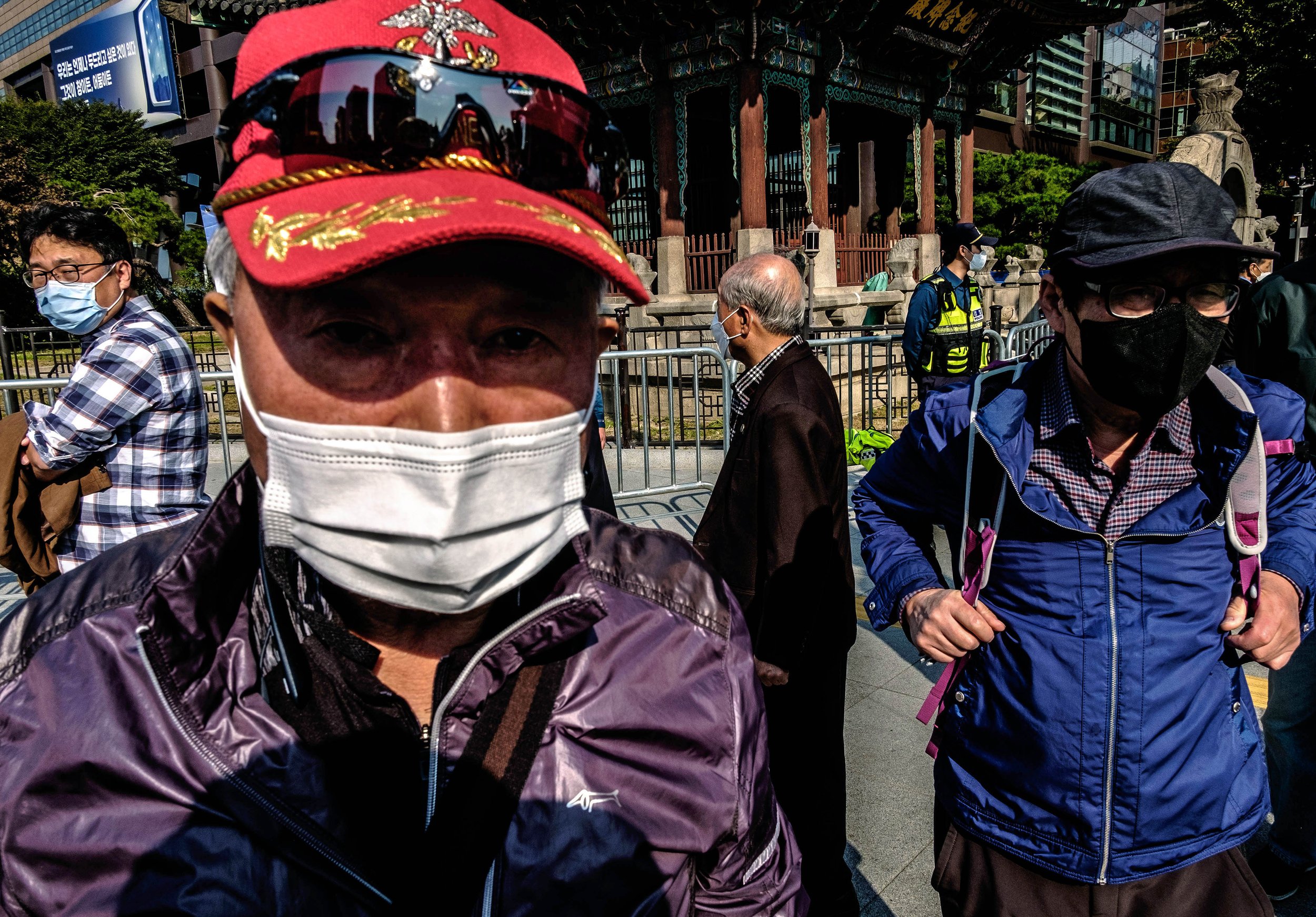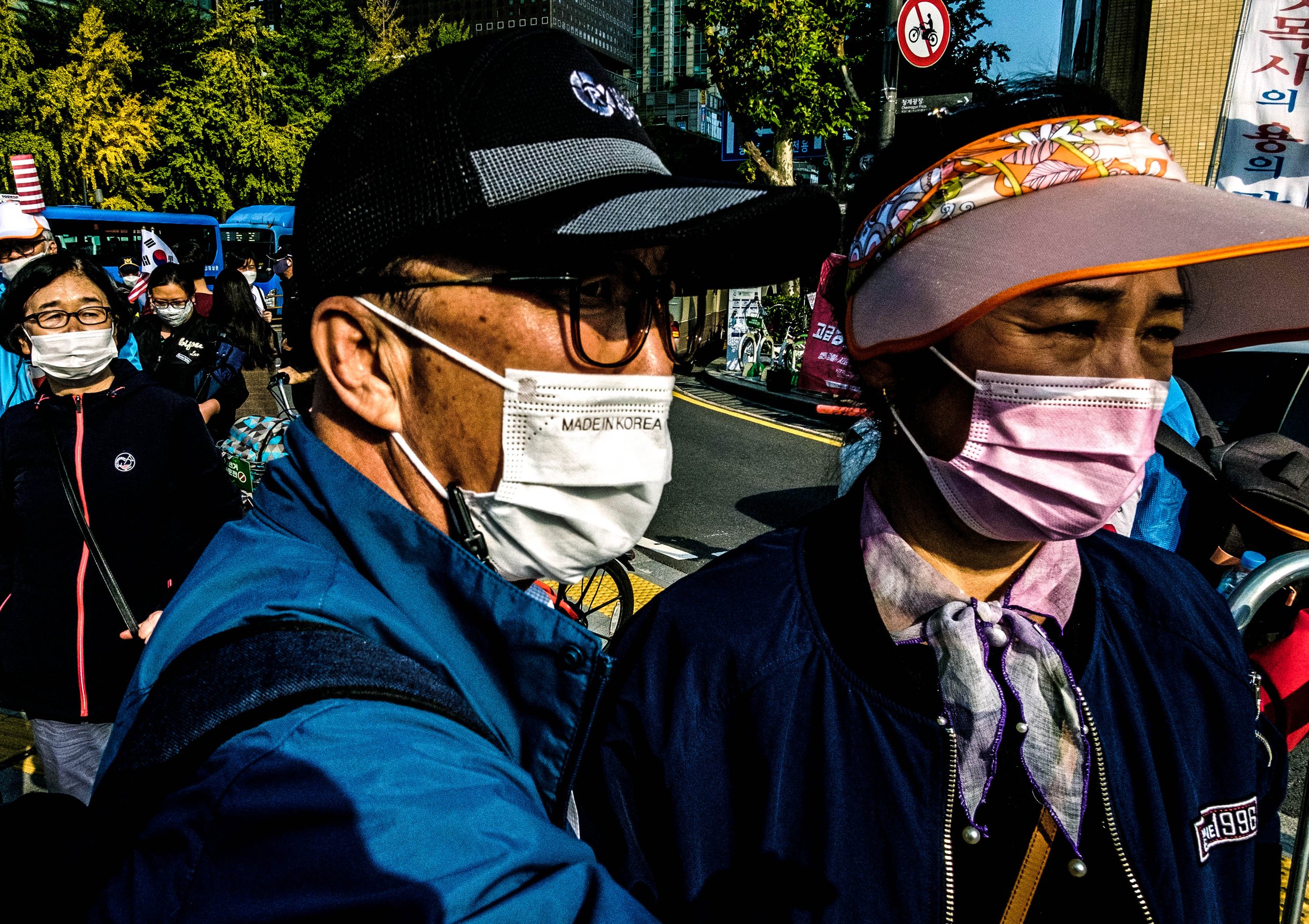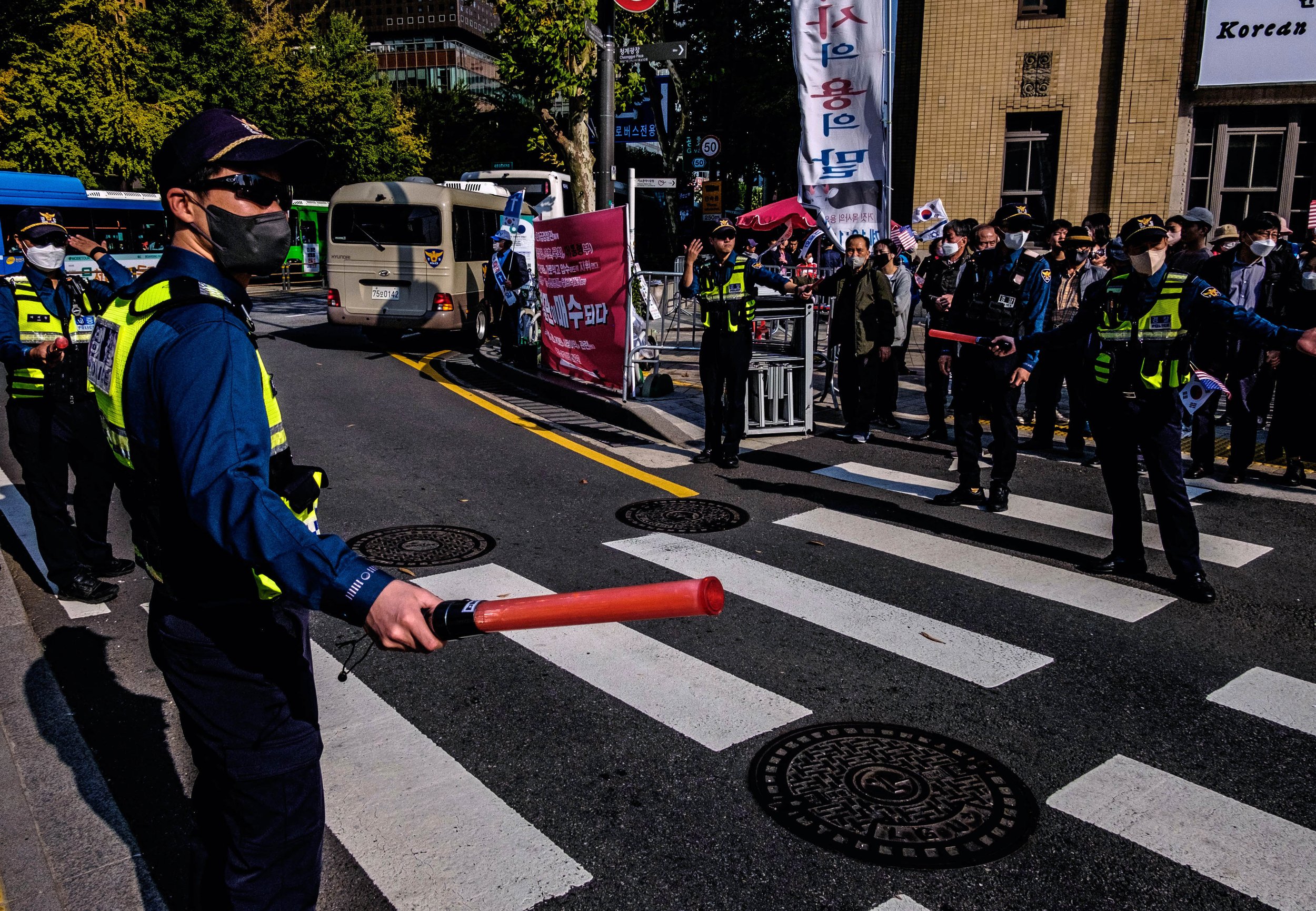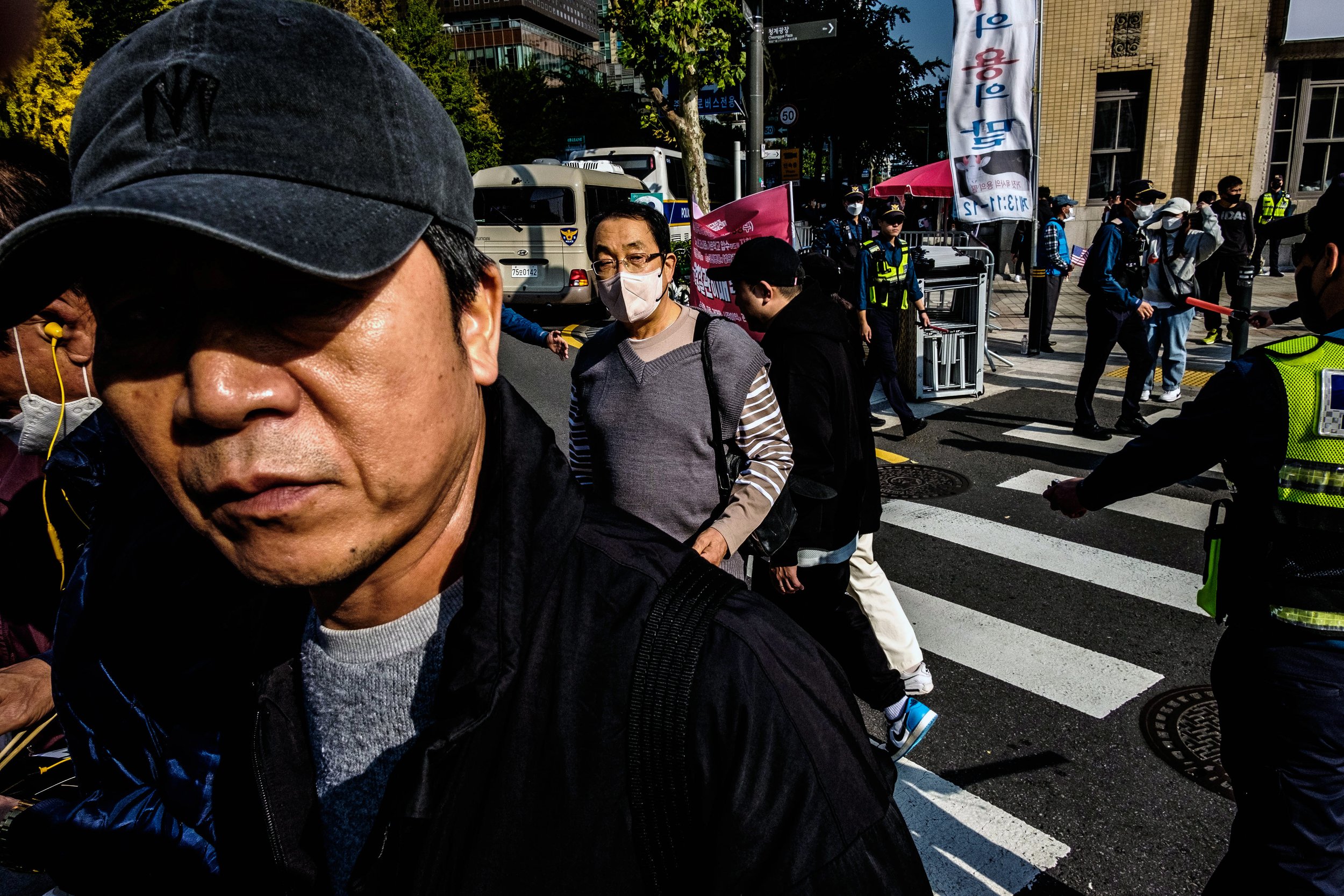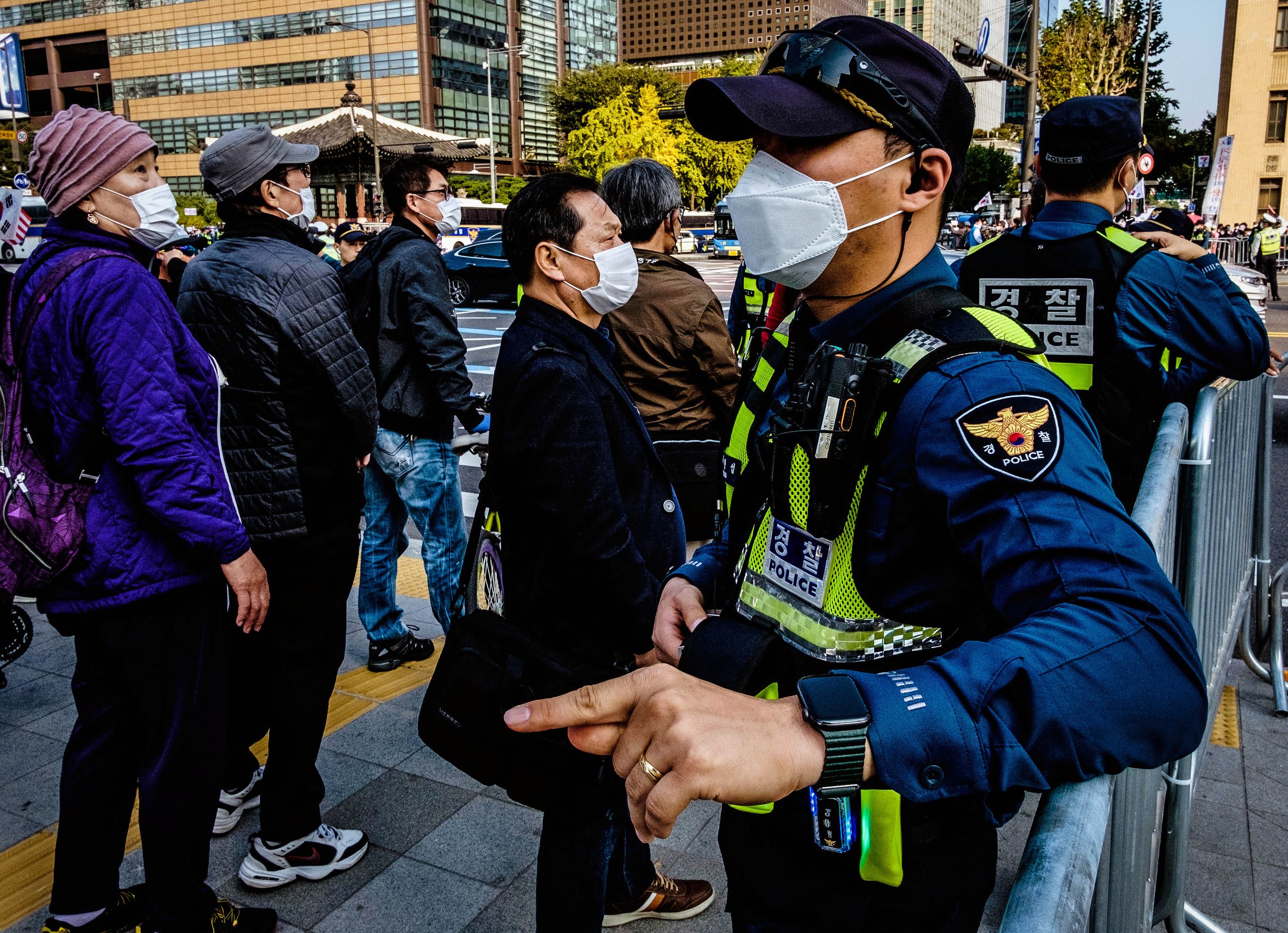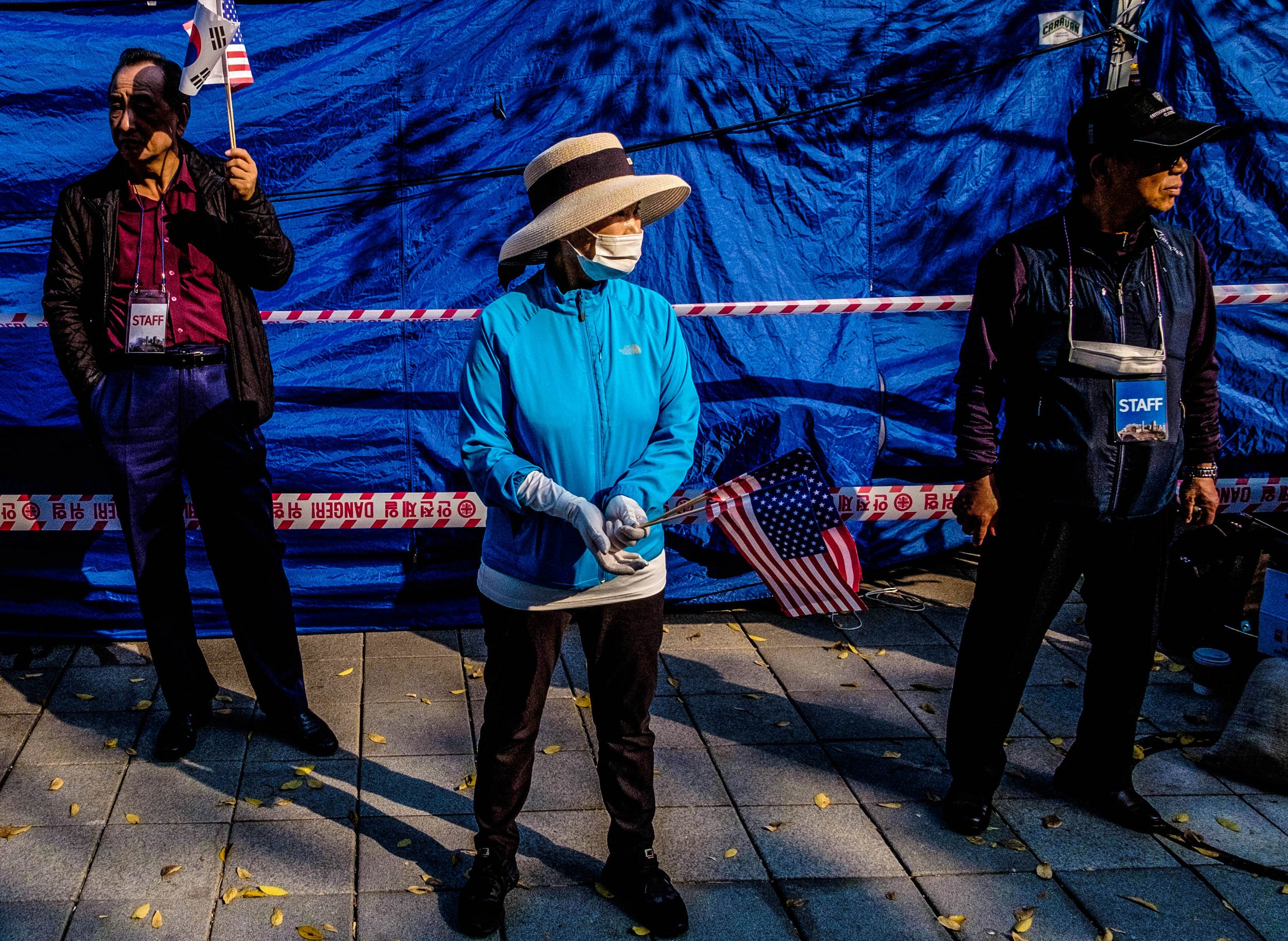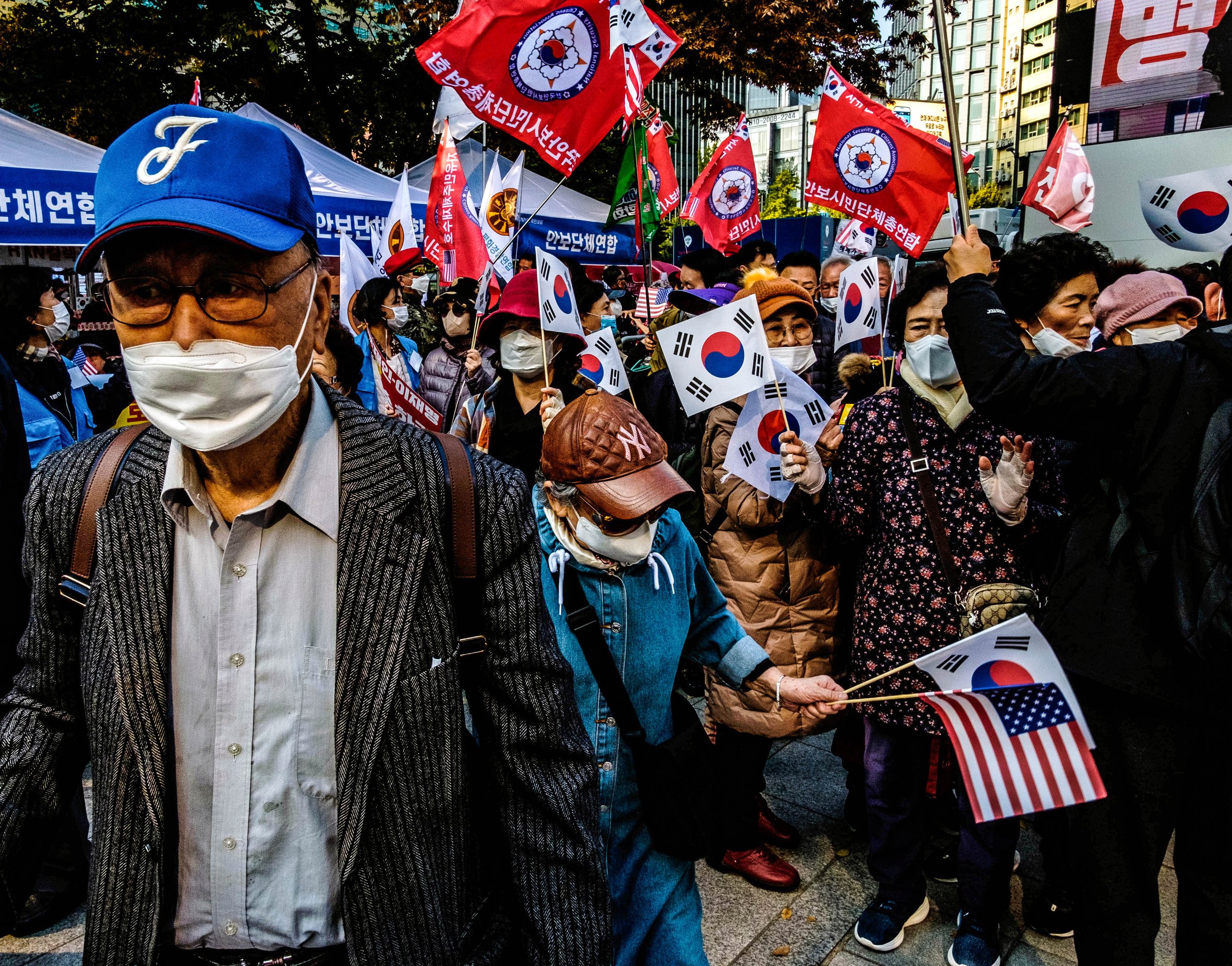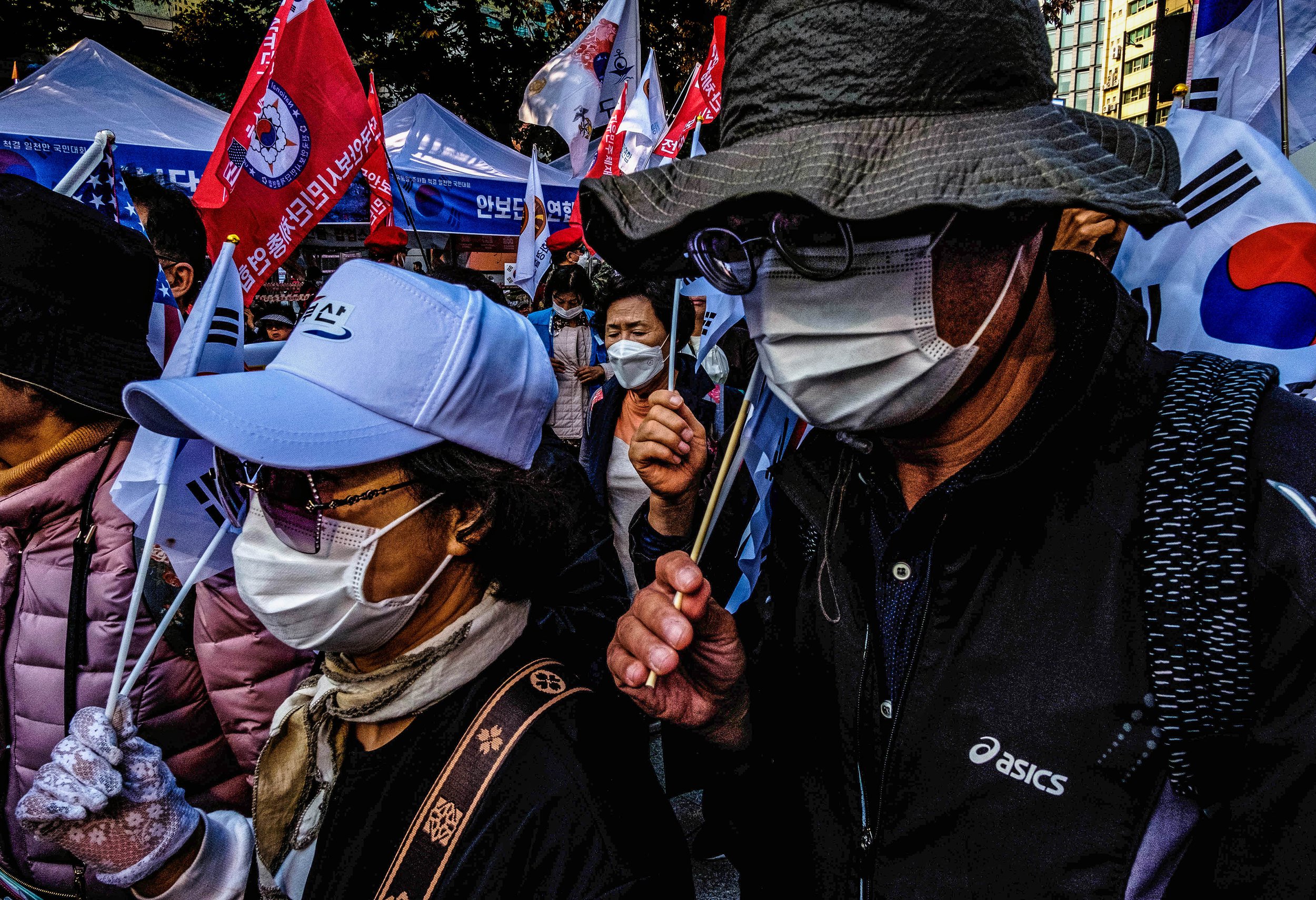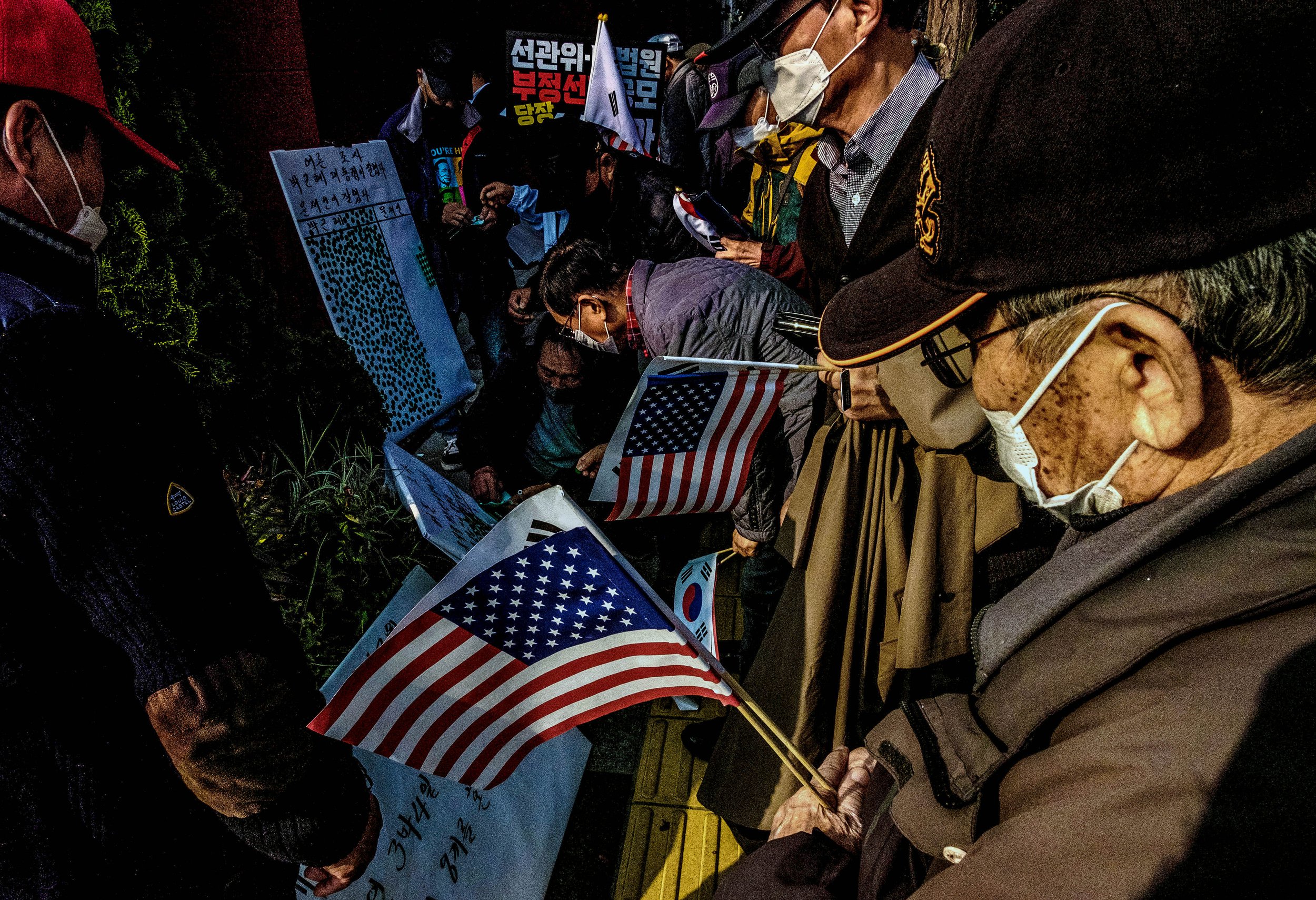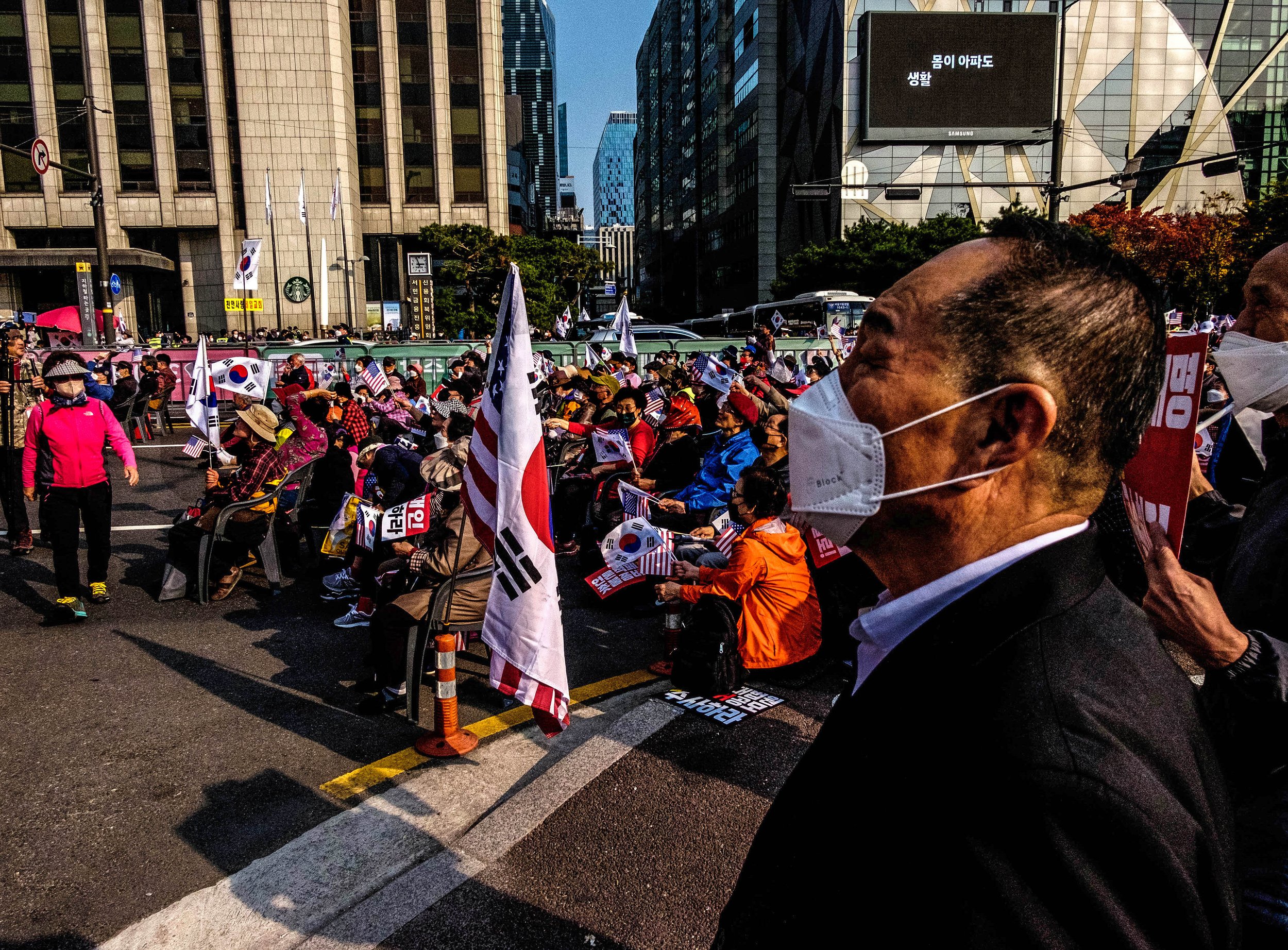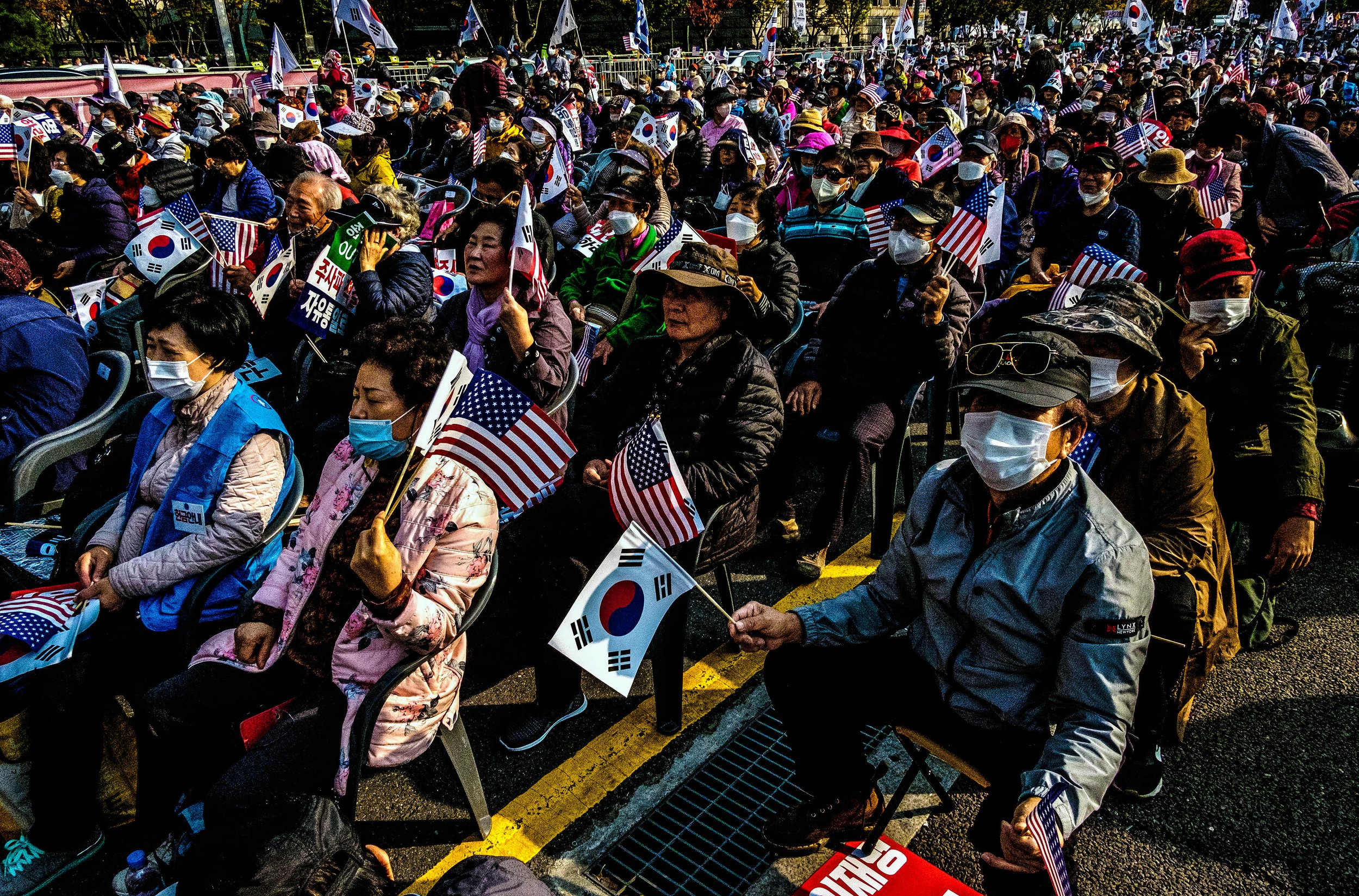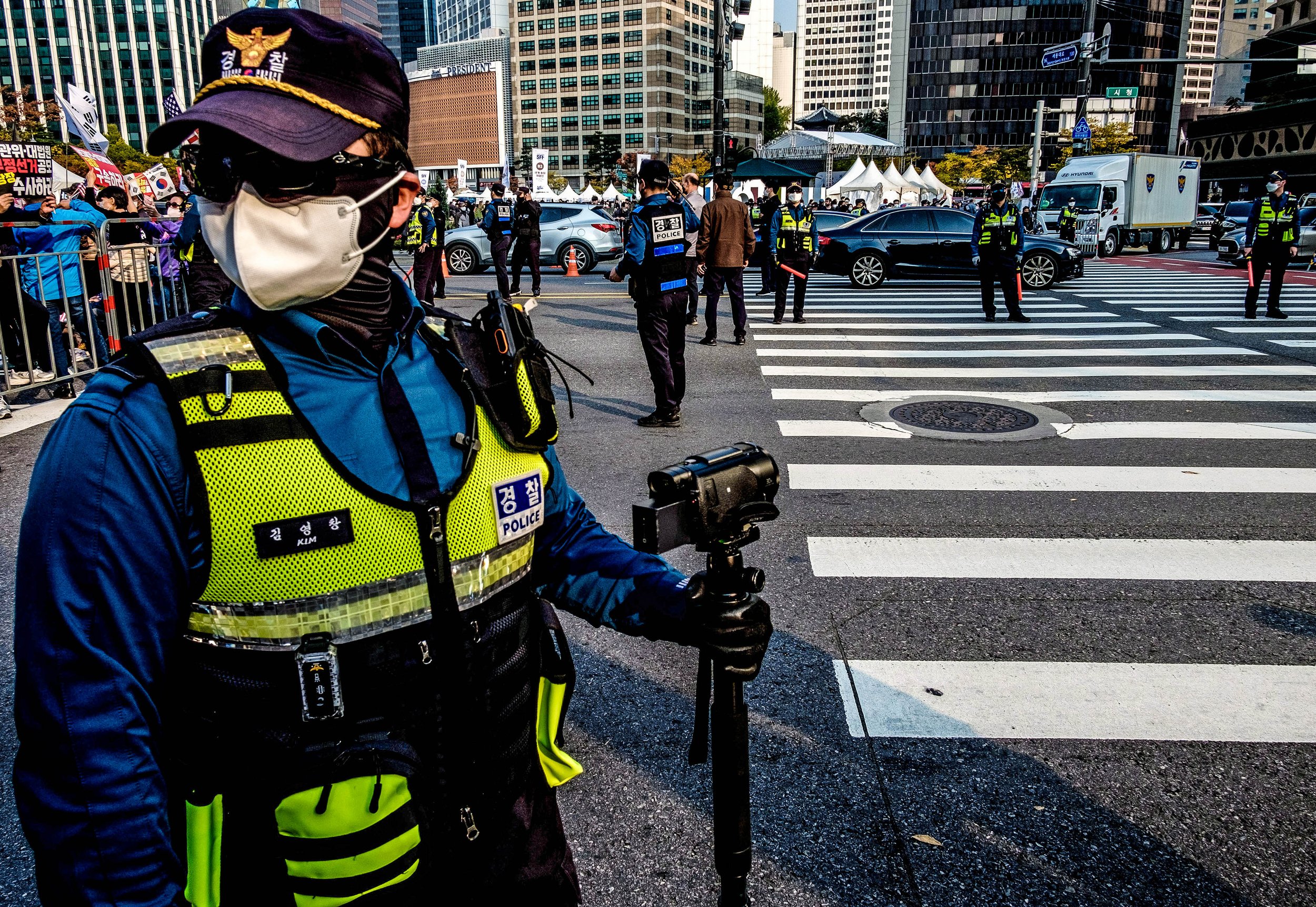… Against Moon
by Michael Kennedy
People in the Republic of Korea – better known as South Korea, enjoy an amazing degree of freedom compared to their neighbours in both North Korea and China. The story of the country’s rise from the political and social struggles in the first half of the 20th century is stunning. It is really the story of the Rise of the Phoenix of ancient Greek and Egyptian mythology.
Perhaps a fundamental reason that South Korea dominates the world stage now with its cultural accomplishments in fashion, film, food, hi-tech and music is because Koreans demand the best of themselves – and this means the best business models, the best education and the best leadership.
Political accountability is taken very seriously in Korea and – until recently, two former Presidents served prison sentences for corruption – for betraying the people’s trust.
Moon Jae-in served five years as President of the republic, stepping down in early May of this year. As a result of his policies – considered too liberal and too accommodating to both North Korea and China, a great many people voiced their displeasure through political dissent – and marched through the streets of downtown Seoul without any civil disobedience.
The public criticism of Moon Jae-in has always occurred in a peaceful manner. Political change is seldom driven from the top-down. History shows that most fundamental political change comes from the bottom-up, and that means taking it to the streets.
The right to vote is still a powerful force for change in a free society, and Koreans elected Yoon Suk-yeol as the new President on May 10, 2022. He represents goals and policies that differ significantly from his immediate predecessor.
And yet criticism of Moon Jae-in lingers among many Koreans who staged a large peaceful rally Saturday in downtown Seoul, that stretched nearly 10-blocks from Gwanghwamun Square-to-Deoksu Palace across from City Hall Plaza.
In South Korea, guns are outlawed and the police do not carry such weapons.
All photographs were taken with a Fuji X-E2, and the equivalent of a 24mm lens.
